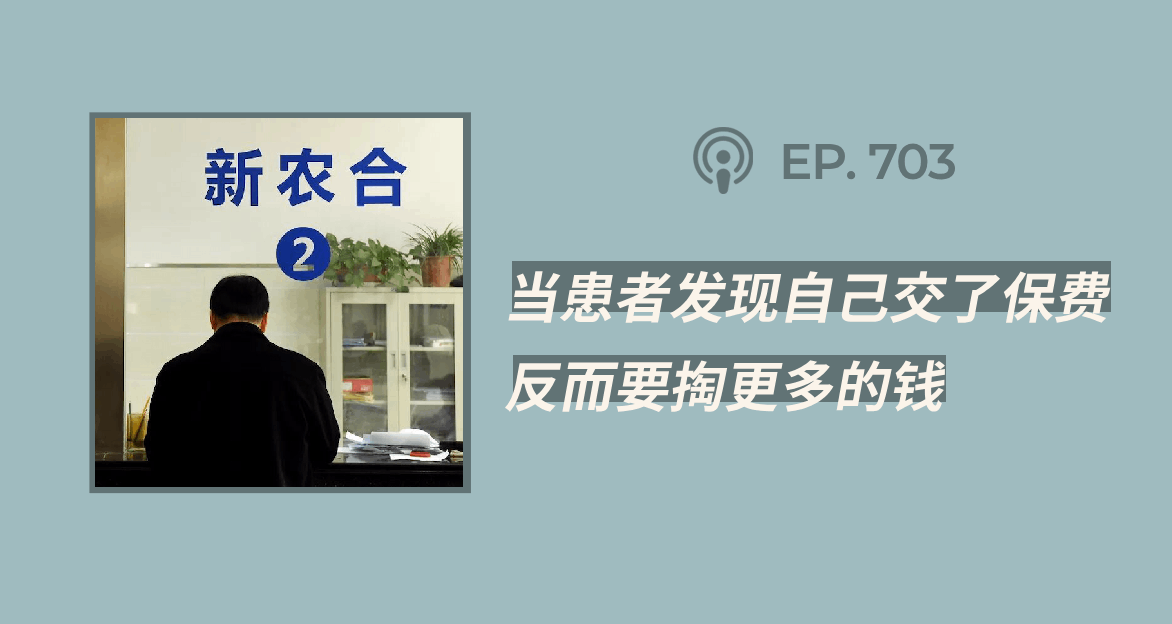来源China used prisoners in lucrative internet gaming work
译者sheromeng
China used prisoners in lucrative internet gaming work
中国部分监狱曾强迫犯人打网游盈利
Labour camp detainees endure hard labour by day, online ‘gold farming’ by night
劳改营的犯人白天做苦工,晚上进行网络打金游戏。
As a prisoner at the Jixi labour camp, Liu Dali would slog through tough days breaking rocks and digging trenches in the open cast coalmines of north-east China. By night, he would slay demons, battle goblins and cast spells.
刘大力(化名)曾是中国东北地区鸡西劳改营的犯人,他透露,白天他要在露天的煤矿中切割石头、挖濠沟;晚上则要杀魔兽、打妖精,施魔法。
Liu says he was one of scores of prisoners forced to play online games to build up credits that prison guards would then trade for real money. The 54-year-old, a former prison guard who was jailed for three years in 2004 for “illegally petitioning” the central government about corruption in his hometown, reckons the operation was even more lucrative than the physical labour that prisoners were also forced to do.
刘大力说他是众多被强迫进行网络游戏的犯人之一。他们增加游戏点数,然后狱警拿这些点数进行交易,从而换成现金。一个54岁的前狱警,因2004年就家乡的贪污向中央政府“非法请愿”而被拘留了3年。据他估计,与强迫犯人体力劳动相比,打金则更赚钱。
“Prison bosses made more money forcing inmates to play games than they do forcing people to do manual labour,” Liu told the Guardian. “There were 300 prisoners forced to play games. We worked 12-hour shifts in the camp. I heard them say they could earn 5,000-6,000rmb [£470-570] a day. We didn’t see any of the money. The computers were never turned off.”
刘大力告诉《卫报》:“对于监狱长们来说,强迫犯人打游戏赚的钱远比强迫犯人进行体力劳动赚的钱多。总共有300个犯人被强迫打游戏。我们在劳改营中每12个小时换一次班。我曾听他们说每天可以挣5000-6000元[折合470-570英镑]。我们拿不到一分钱。电脑一直开着机。”
Memories from his detention at Jixi re-education-through-labour camp in Heilongjiang province from 2004 still haunt Liu. As well as backbreaking mining toil, he carved chopsticks and toothpicks out of planks of wood until his hands were raw and assembled car seat covers that the prison exported to South Korea and Japan. He was also made to memorise communist literature to pay off his debt to society.
2004年后在黑龙江鸡西劳动改造所拘留的遭遇一直萦绕在他的脑际。除了做劳累至极的矿工之外,他还需用木板制作筷子和牙签,直到他的双手刺痛,还要安装汽车座椅套,监狱则把这些出口到韩国和日本。狱中,必须熟背共产主义著作以偿还他对社会的罪过。
But it was the forced online gaming that was the most surreal part of his imprisonment. The hard slog may have been virtual, but the punishment for falling behind was real.
但是,强迫进行网络游戏却是她拘留时期最离谱的部分。在网上奋力杀魔兽是虚拟的,但是随之而来的惩罚却是真切的。
“If I couldn’t complete my work quota, they would punish me physically. They would make me stand with my hands raised in the air and after I returned to my dormitory they would beat me with plastic pipes. We kept playing until we could barely see things,” he said.
他指出:“如果我不能完成我的工作量,他们就会对我进行体罚。他们会罚我双手举在头上站在外面。而且,在我回到狱室之后,便用木棍打我。我们一直不停地打游戏,直到我们的双眼几乎看不清任何东西。
It is known as “gold farming”, the practice of building up credits and online value through the monotonous repetition of basic tasks in online games such as World of Warcraft. The trade in virtual assets is very real, and outside the control of the games’ makers. Millions of gamers around the world are prepared to pay real money for such online credits, which they can use to progress in the online games.
“打金”和魔兽世界一样都是通过单调的重复性的基本任务来增加点数和在线价值。虚拟物品的交易非常的真实,而且不受游戏开发者的控制。世界上数百万的游戏玩家都愿意付钱购买在线点数以在网络游戏中取得成绩。
The trading of virtual currencies in multiplayer games has become so rampant in China that it is increasingly difficult to regulate. In April, the Sichuan provincial government in central China launched a court case against a gamer who stole credits online worth about 3000rmb.
在中国,多人游戏的虚拟货币的交易十分猖獗,越来越难以管理。四月,四川省政府对一个游戏玩家提起诉讼,因该玩家盗窃价值3000元的网络游戏点数。
The lack of regulations has meant that even prisoners can be exploited in this virtual world for profit.
由于缺乏规章制度,以致犯人受到剥削,被迫在这种虚拟世界中赚钱。
According to figures from the China Internet Centre, nearly £1.2bn of make- believe currencies were traded in China in 2008 and the number of gamers who play to earn and trade credits are on the rise.
中国互联网信息中心数据显示:2008年,中国几乎交易了12亿的虚拟货币,而且打游戏赚得点数和交易点数的游戏玩家的数量也在增加。
It is estimated that 80% of all gold farmers are in China and with the largest internet population in the world there are thought to be 100,000 full-time gold farmers in the country.
据估计80%的“打金者”在中国,另外,中国的网民人数最多,有关人士认为,中国有100000个全职打金者。
In 2009 the central government issued a directive defining how fictional currencies could be traded, making it illegal for businesses without licences to trade. But Liu, who was released from prison before 2009 believes that the practice of prisoners being forced to earn online currency in multiplayer games is still widespread.
2009年,中央政府就如何对虚拟货币进行交易发布了指导性的规定,规定指出,没有交易执照的虚拟物品生意都是违法的。虽然刘在2009年之前出狱,但是他认为强迫犯人在多人游戏中打网游获得网络货币的行为仍然很普遍。
“Many prisons across the north-east of China also forced inmates to play games. It must still be happening,” he said.
他说:“中国东北地区的许多监狱仍然强迫犯人打金。这种现象肯定仍正在上演着。”
“China is the factory of virtual goods,” said Jin Ge, a researcher from the University of California San Diego who has been documenting the gold farming phenomenon in China. “You would see some exploitation where employers would make workers play 12 hours a day. They would have no rest through the year. These are not just problems for this industry but they are general social problems. The pay is better than what they would get for working in a factory. It’s very different,” said Jin.
金格是加利福尼亚圣地亚哥的一名研究人员,他只要研究中国的打金现象,他指出:“中国式虚拟物品的工厂,老板强迫工人每天打金12小时的剥削行为很多。他们终年无休。这些不仅是这个行业的问题,也是社会问题。报酬比在工厂工作一天的工资丰厚。这一点上不同。
“The buyers of virtual goods have mixed feelings … it saves them time buying online credits from China,” said Jin.
金说:“虚拟物品的买家有着复杂的感觉···这比他们从中国购买网络点数节省时间。”
The emergence of gold farming as a business in China – whether in prisons or sweatshops could raise new questions over the exporting of goods real or virtual from the country.
打金在中国最为一种商业活动的出现——不管在监狱还是在血汗工厂,都能够对真实和虚拟货物的出口带来很多新的问题。
“Prison labour is still very widespread – it’s just that goods travel a much more complex route to come to the US these days. And it is not illegal to export prison goods to Europe, said Nicole Kempton from the Laogai foundation, a Washington-based group which opposes the forced labour camp system in China.
劳改仍然很普遍——现在货物只不过是经过了更为复杂的路线运到了美国而已。位于华盛顿德劳改基金会旨在反对中国的强迫性的劳改营,Nicole Kempton是其中一员,他指出,把监狱中制作的物品出口到欧洲是违法的。
Liu Dali’s name has been changed
刘大力为化名。













